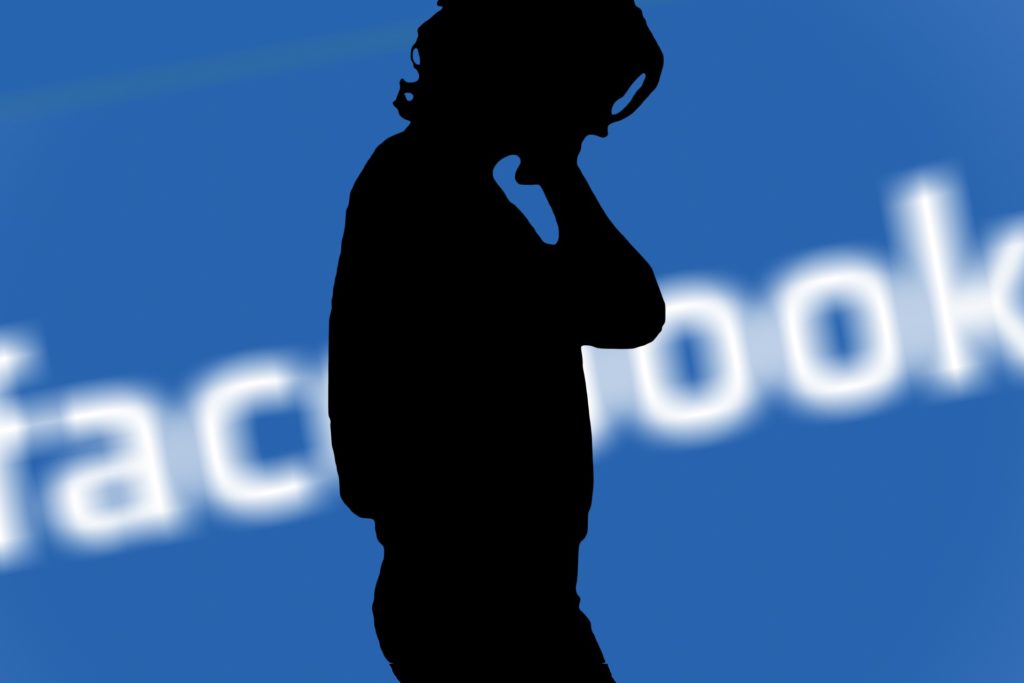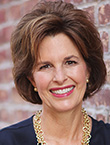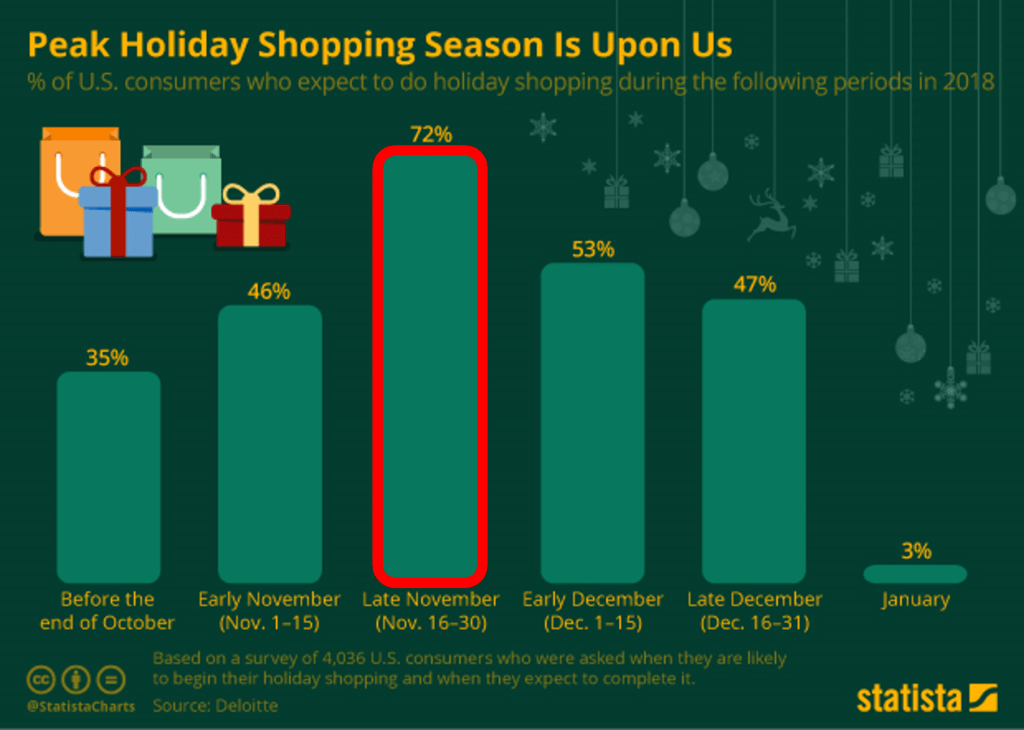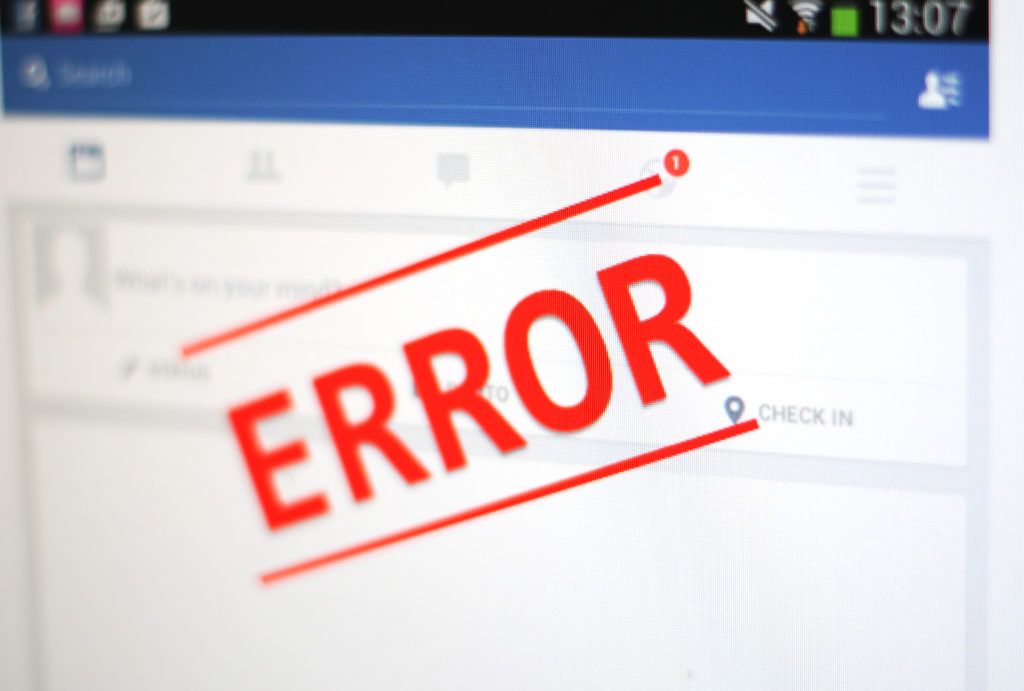
It’s not easy being Mark Zuckerberg these days. The multi, multi-billionaire most responsible for changing the way we interact with other people increasingly finds himself and his company under the spotlight, whether it’s about privacy, hacking, anti-Semitism, and other troubling issues impacting Facebook.
It is becoming more obvious over time that Zuck has created a Frankenstein he and his team cannot control. You don’t just turn a few knobs and “fix” Facebook. And yet, between propagandists, extremists, ripoff artists, and ad hacking, Facebook continues to demonstrate it has become so big it cannot regulate itself. And based on that Congressional “grilling” he experienced earlier in the year, legislators aren’t any more qualified to effectively reign Facebook in because most of them don’t understand social media or its massive impact.
And the sprawling nature of Facebook continues to affect the advertising business – in all sorts of ways. At a session of small market broadcasters moderated by the NAB’s Steve Newberry at Forecast a couple of weeks back, panelists were asked about their biggest competitors for ad dollars. Rather than mentioning local newspapers, television stations, or other radio operators, most pointed to Facebook and Google as their digital nemeses.
You might have expected to hear about the “bigfoot” force of Facebook in L.A., New York, or San Francisco – but in rural Missouri? The owner of the Ozark Radio Group, Shawn Marhefka (pictured right) told the assembled crowd of radio and advertising executives that tech behemoths Facebook and Google represent the biggest competitive challenge her five station group faces in rural America.
And so heading into the Black Friday sales extravaganza, you’d expect Facebook to be positioned to rake in an even greater disproportionate share of ad dollars. Except as MediaPost reported over the weekend, Facebook’s platform was rejecting Black Friday ads.
Reporter Laurie Sullivan wrote that Facebook was making it difficult for marketers to buy ads timed specifically for the heavy weekend sales rush. Facebook Business posted this message last Tuesday:
“We’re aware that some people are currently having trouble accessing Ads Manager. We’re working to resolve the issue as soon as possible.” Later in the post they added “Advertisers may experience issues creating new campaigns and making changes to existing campaigns.”
The culprit? According to the story, apparently the term “Black Friday” created an automated rejection of some Facebook ads because it was deemed to be racially insensitive, violating the platform’s policy on “ethnic targeting.” Absurd, right? But that’s what happens when programmatic ad buying becomes the norm, eliminating the human factor.
MediaPost reported Facebook’s entire ad buying system crashed on Tuesday. An advertiser who posted a comment expressed their understandable ire:
“I’d love to see a ‘we’re sorry’ or ‘we understand how difficult this is.’ Facebook should be issuing a giant apology to advertisers right now. We’re still people/customers.”
Maybe, but when everything is automated and there’s no “help line” to call, customer service isn’t exactly a Facebook priority.
Meantime, across the street, thousands of radio stations were ready, willing, and able to accurately book, schedule, and run Black Friday ad campaigns. And in more cases than not, they had the ability to accommodate last-minute copy changes, as well as resolving 11th hour issues that arose.
When you have a trusted, accountable local sales rep, results aren’t going to be perfect. But they will almost always provide more customer satisfaction than an algorithm misfiring on THE most important shopping week of the year.
Statista reports that if most advertisers, merchants, and marketers didn’t perform during the holiday cycle we’re smack in the middle of right here and right now, catching up will be difficult if not impossible.

In the same way sales teams traditionally scan ads in the local newspaper trolling for new clients, there might be ample opportunity doing the same on Facebook and Google, taking advantage of disenchanted marketers.
The same personal, local touch that gives local radio programmers an advantage over nameless, faceless playlist services should also be a “steel sword” benefit for local radio sales teams – if they approach their competitive challenges with strategy, rather than lower rates, adding inventory, and holding “one-day sales.”
Facebook’s problems are not limited to just the ad sales department. Perhaps driven by the popularity of Snapchat and Instagram, or that their grandparents are all over Facebook, teens are now exiting – in droves.
A new Pew survey of 3,400 Facebook users this past spring revealed 44% of 18-29 year-olds say they’ve deleted Facebook’s app from their precious smartphones and tablets in just the last 12 months. Imagine a Top 40 radio station losing nearly half its young cume in just a year. It would be cause for an all-hands strategic meeting, a research study, and maybe even bringing in a consultant.
Between removing the app, cutting back on usage, and resetting privacy controls, there’s something happening at Facebook – and it’s not good.

We will be asking pointed questions about Facebook perceptions and usage in Techsurvey 2019, set to field in early January. And you can bet our results will have resonance in radio sales cubicles.
Obviously, your audience’s Facebook usage may vary from the norm. And that’s why Techsurvey stakeholders receive results on their proprietary audiences, as well as their format categories. It will be interesting to see whether Facebook erosion is impacting certain audience groupings and segments more than others. Sadly, most radio station management teams don’t even know the extent to which their audience has exited Facebook.
We’ve learned in the last decade or so of “Internet History” that dominance isn’t permanent, and is often fleeting. Just ask the former executives at Blackberry, Yahoo!, and MySpace. In cyberspace, a commanding lead can sometimes vanish – often in increasingly shorter cycles.
Winning the trust of listeners and advertisers is central to success in the media space. Radio companies would be smart to read the marketing tea leaves.
They appear to be changing.
This is the week to sign up for Techsurvey 2019, the biggest media and technology study in the world. Last year, more than 560 North American radio stations participated. Info/registration here.
- What To Do If Your Radio Station Goes Through A Midlife Crisis - April 25, 2025
- A 2020 Lesson?It Could All Be Gone In A Flash - April 24, 2025
- How AI Can Give Radio Personalities More…PERSONALITY - April 23, 2025




You Bet! Radio: Tried & True & There For You!
Thanks, Clark!